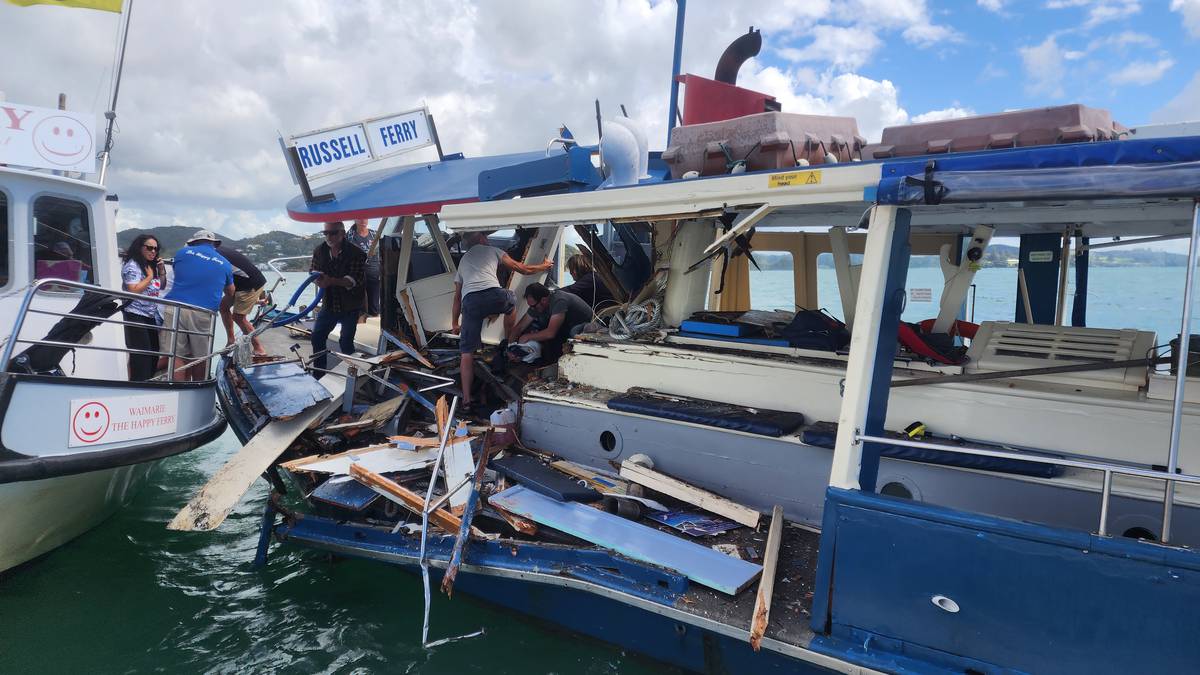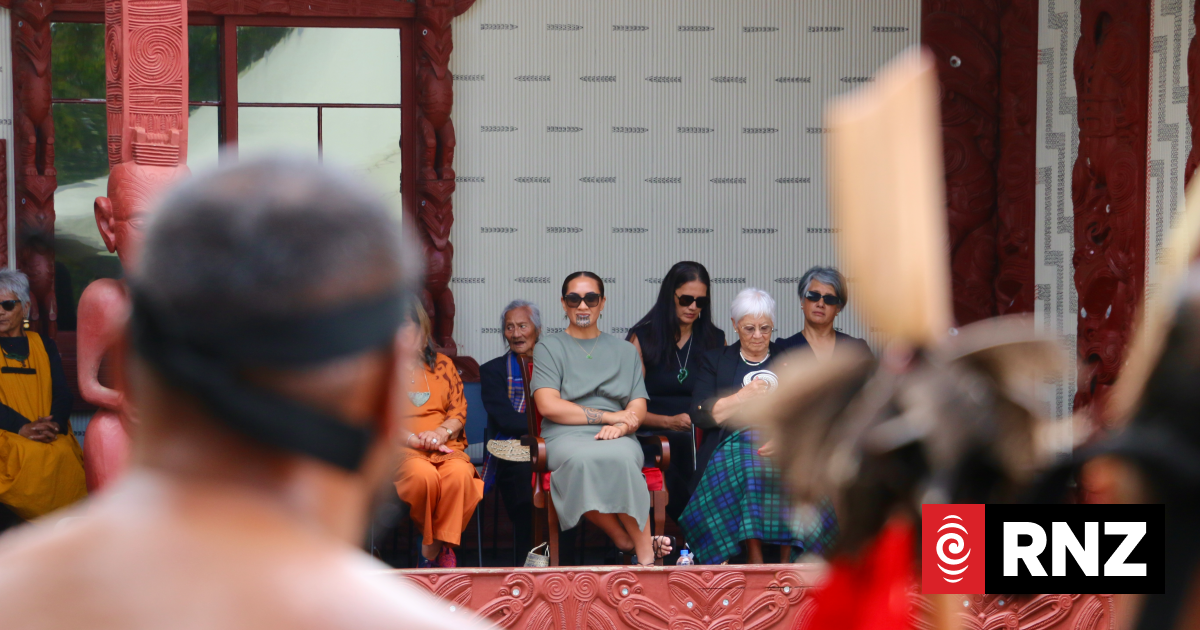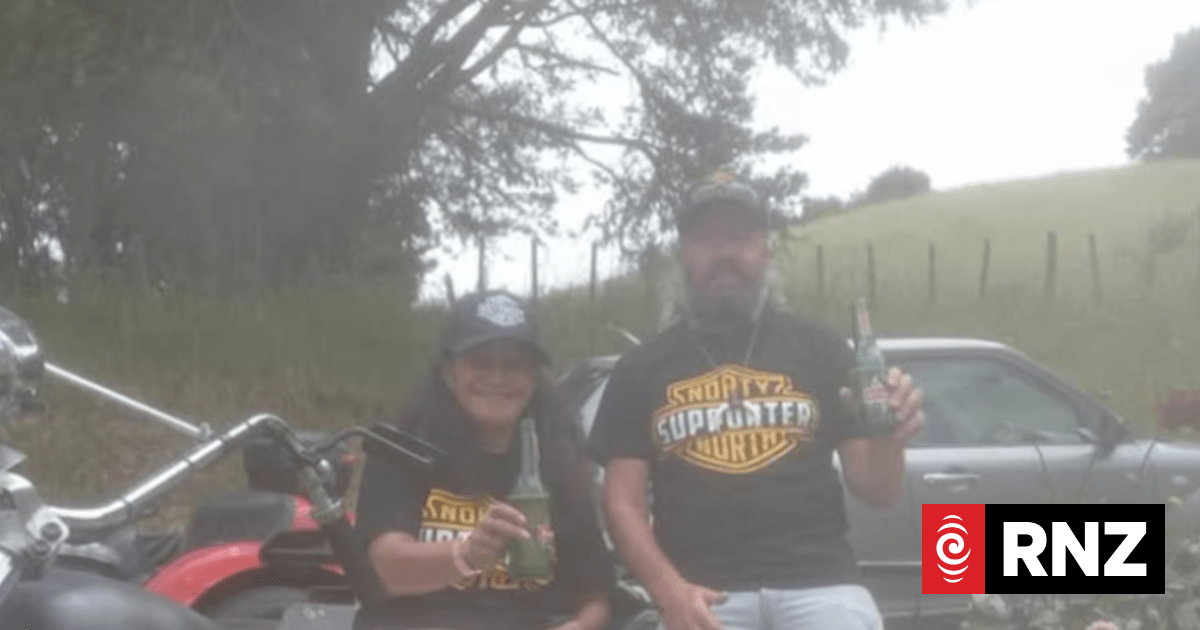Last week’s collision involving a passenger ferry and a high-speed powerboat has thrown a spotlight on boatie behaviour and training. Photo / Elliot Bexon
A collision involving a high-speed powerboat and a historic ferry has led to renewed calls for some form of licensing or mandatory education for boaties.
Currently anyone can operate a private boat in New Zealand waters with no need for training, licensing or mechanical checks.
It’s a stark contrast to transport by land, where drivers need a licence to show they have the required skills and training, and their vehicles need to be registered and have a Warrant of Fitness to prove they’re safe. The rules for air transport are, of course, even stricter.
The debate over whether boaties should be licensed has been simmering for years but the April 13 crash which sank the historic Russell ferry Waitere, better known as the Blue Ferry, and left skipper Bill Elliot critically injured, has put it back on the boil.
Advertisement
Northland harbourmaster Jim Lyle said a better example of the need for boatie education occurred in Whangārei Harbour last week when a potential tragedy was averted by metres.
In that case, a runabout had anchored in the middle of the Portland Channel as two tugs towing a barge were approaching.
Despite warning blasts from the tugs’ horns the boatie did not move, forcing the tugs out of the channel and missing the runabout by 3-4 metres.
Lyle said it was only because it was high tide that the tugs didn’t run aground.
Advertisement
The boatie was spoken to later and found to be new to owning a boat.
Lyle said harbourmasters had long lobbied the Government for some form of boatie education at least, and the Northland Regional Council put a remit to Local Government NZ a few years ago calling for mandatory training that wasn’t taken up.
There was no appetite from transport ministers, of any government, to touch what was seen as “the last bastion of freedom” at sea.
Another objection raised was the cost of a new licensing system.
However, Lyle said it did not have to be onerous or expensive.
Boaties could be required to complete a basic day-skipper course, which could even be done online, and have an endorsement added to their existing car driver’s licence, so a new system wouldn’t necessarily be required.
Even a one-day course would be a “huge increase” in knowledge for some boaties.
The course would cover the basics of how to call for help, what equipment was needed on the water and how to keep safe, for example by learning the rules for altering course to avoid collisions.
Coastguard provided a range of suitable courses.
Lyle said he regularly met people who’d been boating for years but had no idea of the collision-avoidance rules or even that they existed.
Advertisement
“We’d like to see a minimum standard of education before you go out on the water. At the moment there are no requirements at all.”
Another example of what could happen was the Auckland man who had spent close to $1 million on a new launch but had never skippered a boat before. On his first trip he ran straight into the first rocks just outside Auckland Harbour, Lyle said.
/cloudfront-ap-southeast-2.images.arcpublishing.com/nzme/L6MGBZZFBJBC7KL2JFCYS25WMU.jpg)
The Transport Accident Investigation Commission (TAIC) has called for some form of boatie training or licensing since a 2009 crash involving a private jetboat and a jetski near Queenstown left two people dead and three with serious head injuries.
The recommendations that arose from that investigation included a call for “rules or some other mechanism that require the person in charge of a designated recreational craft to hold a licence or certificate that requires them to be educated to identified standards”.
TAIC also called for alcohol and drug limits for recreational and commercial boat drivers.
Spokesman Simon Pleasants said drivers and cars were regulated, and there were rules about the knowledge and skills people needed before they were allowed to drive. The Government could also deny people the right to drive if they misbehaved.
Advertisement
There were, however, no equivalent rules on the water.
“We’ve made quite a number of recommendations about skills, knowledge, and maintenance of private watercraft. The Ministry of Transport, which makes the rules, and Maritime New Zealand disagree with us on this matter and have concluded, from their own experience, that education was what was necessary and would be sufficient. We continue to disagree.”




